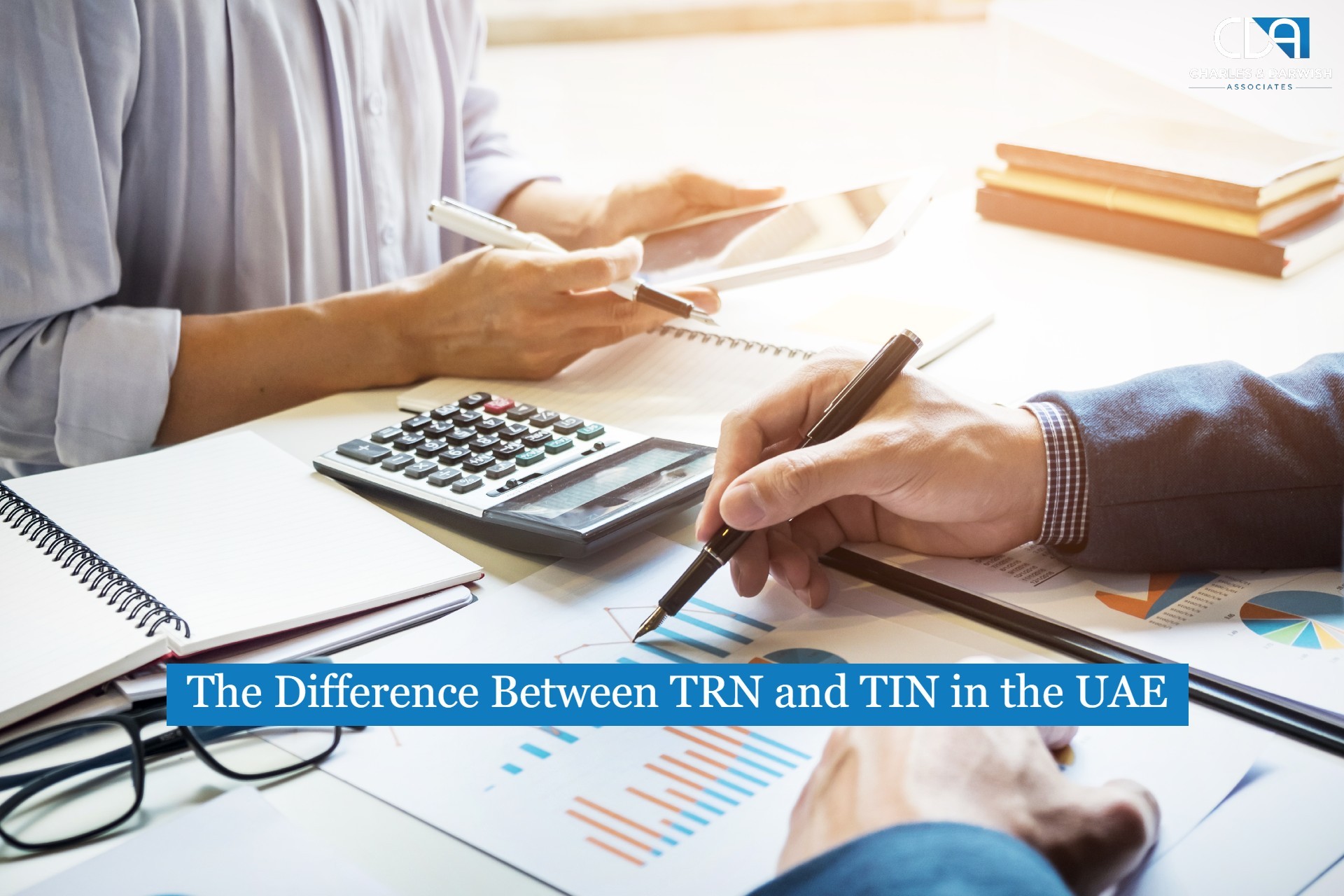Importance of AML Compliance in UAE for Real Estate Sector
The UAE has established itself as a global economic powerhouse and a leading hub for trade, tourism, and real estate investment. However, with increased economic opportunities come increased risks of money laundering and terrorist financing. In response, the UAE government has implemented stringent Anti-Money Laundering (AML) regulations to protect the integrity of the financial system and align with international standards. The real estate sector, in particular, needs to comply with these AML laws due to its potential vulnerability to money laundering activities.
As per the National Anti-Money Laundering and Counter-Terrorism Financing Committee, real estate brokers, agents, and developers are classified as ‘Designated Non-Financial Businesses and Professions (DNFBPs)’ under the UAE’s AML regime. This puts additional responsibilities on real estate firms to implement compliance measures and conduct due diligence on clients to verify their identities and assess risks. Failing to comply with ‘Know Your Customer’ (KYC) norms and reporting suspicious transactions can lead to serious fines and criminal liability.
The Importance of AML Compliance in the UAE Real Estate Sector
The UAE is a major financial hub in the Middle East, and as such, it is a target for money laundering and terrorist financing. The real estate sector is one of the most vulnerable sectors to these crimes, as it is often used to conceal the origin of illegally obtained funds.
In order to combat money laundering and terrorist financing, the UAE has implemented a number of AML regulations. These regulations apply to all businesses in the UAE, including real estate agents and brokers.
AML compliance is essential for real estate agents and brokers in the UAE. By complying with AML regulations, they can help prevent their businesses from being used to launder money or finance terrorism.
You can also read: Group Relief and Restructuring Relief in UAE
What is AML Compliance?
AML compliance refers to the measures that businesses take to prevent money laundering and terrorist financing. These measures include:
- Identifying and verifying the identity of customers
- Analysing customer transactions for suspicious activity
- Reporting suspicious transactions to the authorities
Why is AML Compliance Important in the UAE Real Estate Sector?
The UAE real estate sector is vulnerable to money laundering and terrorist financing for a number of reasons, including:
- The high value of real estate transactions makes them attractive to criminals
- The real estate sector is often opaque and unregulated, making it difficult to track transactions
- The real estate sector is a major source of investment in the UAE, making it a target for criminals who want to legitimize their illegal activities
AML Compliance Requirements for Real Estate Agents and Brokers in the UAE
The AML regulations that apply to real estate agents and brokers in the UAE are included in Federal Decree-Law No. 20 of 2018, which is based on AML and CFT laws.
These regulations require real estate agents and brokers to:
- Identify and ensure the reliability of the identity of their customers
- Retain customer identification records for five years
- Reporting the authorities of any illegal transactions
- Implement internal AML controls
- Detecting any money laundering risks
- Maintaining all the records of every transaction
Non-compliance to AML regulations
If a firm fails to comply with AML regulations in the UAE, then the consequences can be severe. Real estate agents and brokers who fail to comply may be fined, imprisoned, or both. They may also have had their licenses revoked. In addition, real estate agents and brokers who fail to comply with AML regulations may be held liable for any losses that are caused by money laundering or terrorist financing.
You can also read: What Are The Three Stages of Money Laundering and How to Combat it?
How to Comply with AML Regulations?
There are a number of steps that real estate agents and brokers can take to comply with AML regulations. These steps include:
- Implementing an AML compliance program
- Training staff on AML regulations
- Conducting customer due diligence
- Monitoring customer transactions for suspicious activity
- Reporting suspicious transactions to the authorities
AML compliance is essential for real estate agents and brokers in the UAE. By complying with AML regulations, they can help prevent their businesses from being used to launder money or finance terrorism. There are a number of resources available to help real estate agents and brokers comply with AML regulations like CDA. CDA helps in maintaining the AML regulations as well as guiding according to the rules. By taking steps to comply with AML regulations, real estate agents and brokers can help to make the UAE a safer place for everyone.
Detect money laundering or terrorist financing with CDA
CDA with its team of best accountants and auditors, can help you implement a stringent AML-CFT framework, which can help your business detect any kind of malpractices in advance. The proficient team of CDA are aware of all the possible scenarios of money laundering activities hence they can protect your business from money laundering threats at any time. CDA can enable you to stay on the same page with that of the authorities and ensure compliance. To know more about our varied services, feel free to approach our team.

Mark Thompson
Full-stack Developer, Blogger, and Tech Enthusiast.
Mark specializes in digital marketing, SEO, and content strategy.













